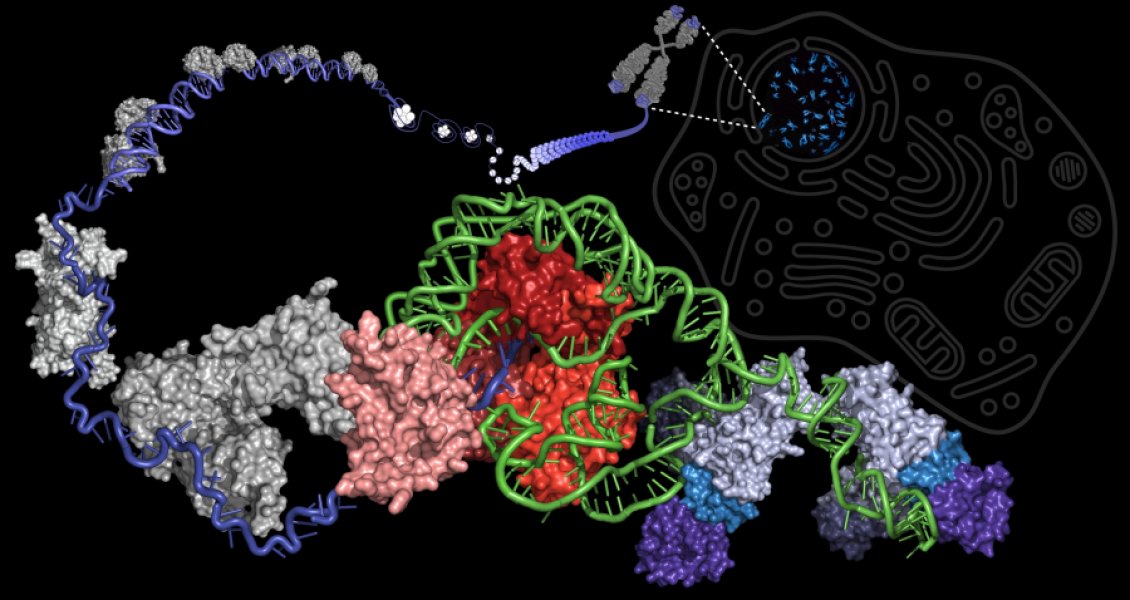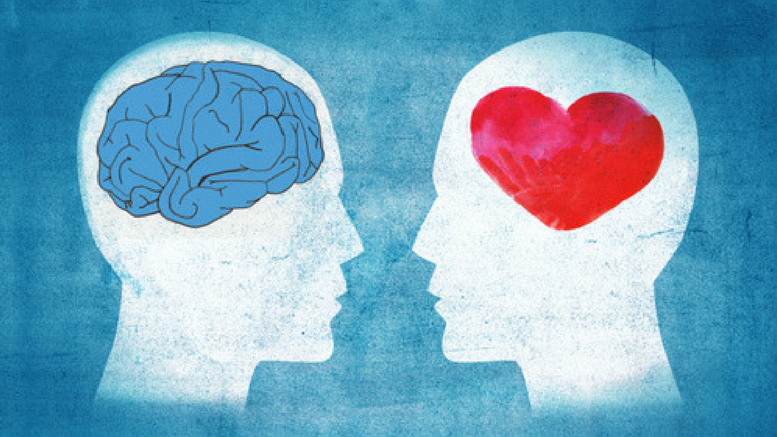Can we stay young forever, or even recapture lost youth? Research from the laboratory of Professor Julian Chen in the School of Molecular Sciences at Arizona State University recently uncovered a crucial step in the telomerase enzyme catalytic cycle. This catalytic cycle determines the ability of the human telomerase enzyme to synthesize DNA “repeats” (specific DNA segments of six nucleotides) onto chromosome ends, and so afford immortality in cells. Understanding the underlying mechanism of telomerase action offers new avenues toward effective anti-aging therapeutics. illustration depicting the enzyme telomerase This figure…
Read MoreAuthor: Tom Patriot
The Best Way To Treat Hormonal Acne, According To Dermatologists
Acne is the most common skin condition in the United States. In fact, according to the American Academy of Dermatology, roughly 40 million to 50 million Americans have acne at any one time. For many people, blackheads, whiteheads and pimples are a normal part of puberty. But for plenty of others, women in particular, acne can be a stubborn problem that occurs well beyond their teenage years. Enter hormonal acne. To be clear, a lot of acne is hormonally driven ― including the kind you may have experienced during puberty ―…
Read More‘Shark Tank’ Host Robert Herjavec Says The Price Of Bitcoin Will Skyrocket Again | CNBC
Gigi Hadid Says She “Loves” Her New Body Following Hashimoto Diagnosis
Gigi Hadid is learning to love her new body following an ongoing health battle with Hashimoto’s disease. The Sports Illustrated swimsuit beauty—who defended her noticeably slimmed-down figure with a flurry of emotional tweets on Sunday—is refusing to let body shamers get her down. On Monday, during an interview with E! News at the Anna Sui fall 2018 runway show, Hadid explained that she has been happy with her body at every stage of treatment, saying: “I’ve loved my body when I was just diagnosed and I loved [it] going through it and I love my body…
Read MoreLove and Fear Are Visible Across the Brain, Not Restricted to One Region
In the field of affective neuroscience, rivalling theories debate whether emotional states can be regarded as an activity of only certain brain regions. According to a new doctoral dissertation at Aalto University, an emotional state affects the operation of the entire brain instead of individual emotions being localised only in specific regions in the brain. ‘From the biological point of view, an emotion is a state of the entire brain at a given moment. For example, the brain may interpret certain action models, memories and bodily changes altogether as anger,’…
Read More




